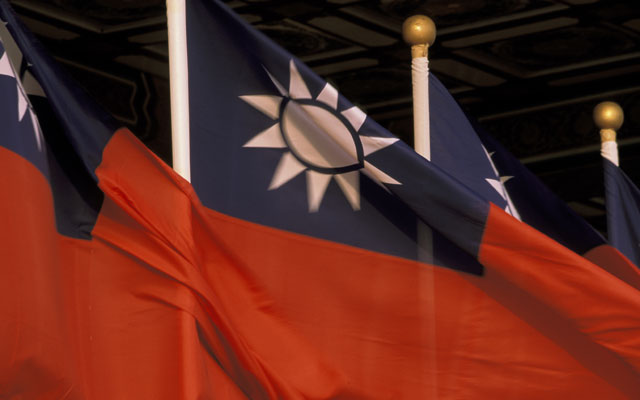Taiwan’s Role in America’s Pivot to Asia
Andy Thomchick /
The often overlooked relationship between the United States and Taiwan has never been more important. Effective economic and security cooperation between the United States and Taiwan is absolutely necessary as the U.S. shifts focus to Asia.
The Heritage Foundation’s Asian Studies Center, in partnership with the Taiwan Benevolent Association of America, hosted an event on February 8 entitled “Shoring Up the U.S.–Taiwan Partnership.”
Rupert Hammond-Chambers, president of the U.S.–Taiwan Business Council, pointed out in his talk that a strong Taiwanese economy is directly tied to successful U.S. foreign policy in Asia:
Taiwan’s strongest asset, it’s most important foreign policy tool, is its economic strength and well-being. Without it, Taiwan is in very difficult circumstances. With a strong, vibrant, healthy, outward economy, Taiwan is able to bat above its weight.
Taiwan is central to the dynamics of Asia and yet does not participate widely in regional economics. In the view of the American Enterprise Institute’s Claude Barfield, Taiwan should continue to pursue free trade agreements in the region with countries such as Singapore and New Zealand to enable the “deep liberalization” of its economy. This would allow Taiwan to prepare for eventual participation in the Trans-Pacific Partnership agreement with the U.S. and 10 other partners in that negotiation.
Randy Schriver, president of the Project 2049 Institute, argued that strong military ties go hand in hand with strong economic ties between the U.S. and Taiwan and that the strategic and military balance in Asia is tilting dangerously in favor of China. The situation now is even more dangerous with sequestration cuts looming and the possibility of a gutted U.S. Navy that is unable to come to the defense of Taiwan. That is why it is absolutely necessary to maintain strong military relations with Taiwan and continue arms sales. In fact, according to Schriver, there is a strong correlation between increased arms sales and improvements in cross-strait relations with China.
The U.S. should be adaptive and break free from traditional policies that keep our relationship with Taiwan stuck in neutral. Taiwan can play an integral role in the Asia pivot, but now it’s time for the U.S. to take its relationship with Taiwan to the next level.
Andy Thomchick is currently a member of the Young Leaders Program at The Heritage Foundation. For more information on interning at Heritage, please click here.

